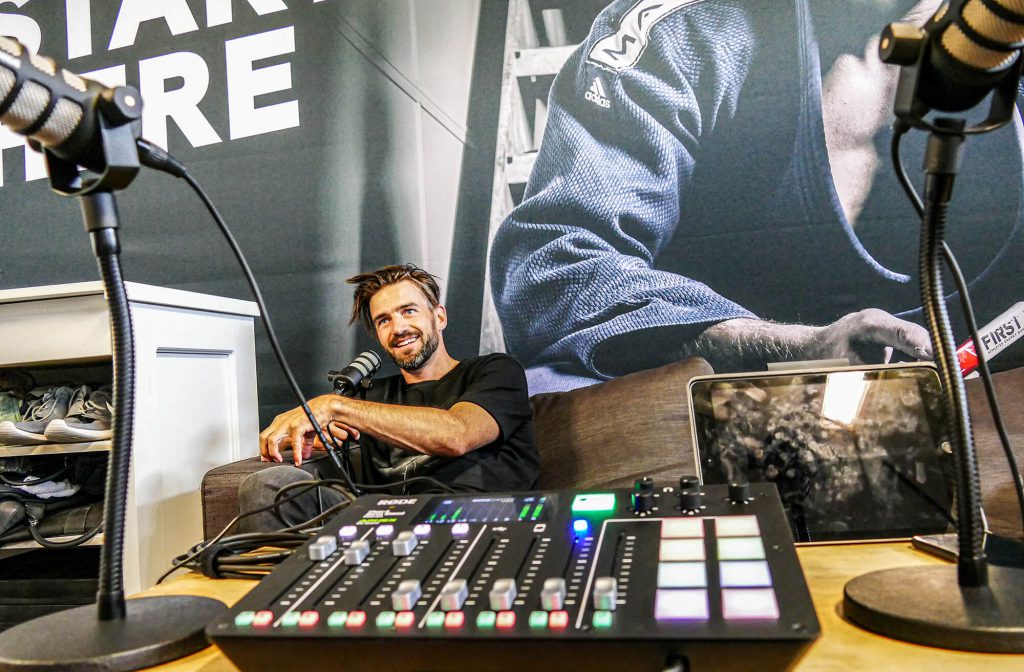Choose the status quo, or rise to change the world?
In 2014, when I retired as a top athlete, I aimed to contribute to the world of speed skating. Together with Niels Kerstholt, we advocated for athletes’ rights to participate in new concepts like the IceDerby, a blend of long track and short track skating, a potential addition alongside our regular skating pursuits and a source of income for many athletes dedicated to their craft: skating.
The opportunist in me believes in possibilities and opportunities to improve the world or a business. The commercialization of sports and the rise of sister sports like short track, or new events like Mass Starts, present those opportunities.
As a top athlete or entrepreneur, you must possess this belief, this faith in yourself, your talent, and the people around you who dream alongside you. How many become Olympic champions? How many startups truly succeed? Often, you face setbacks and seemingly insurmountable obstacles. Realistically assessing opportunities deprives oneself and others of the necessary motivation to work hard and take risks.
But the beauty of becoming a champion or starting a business lies in operating in a free world full of opportunities. You take risks with your time, money, and conviction, paying the price for failure or unfulfilled dreams. That inner conviction is the foundation of your drive to pursue something.
How different is it when paying the price for this conviction means a lifetime suspension? What if you can’t even begin because the initiative is deemed hopeless due to being prohibited? IceDerby had potential in 2014, but the ISU viewed it as a threat to its power and responded with draconian measures.
If Niels Kerstholt and I wanted to participate, we risked exclusion as athletes or coaches, a fundamental injustice. We were at the mercy of administrators clinging to their own kingdoms, affecting all athletes in Europe. This situation had to change.
The ISU’s total overestimation of itself and disdain for athletes was a foolish move. It gave us the opportunity to address this injustice with the European Commission. The plea from the ISU and IOC lawyer in Brussels was striking: the safety and fairness of sports were at stake if we were to prevail. I posed a counter-question to the committee: The largest doping scandal in sports occurred under the direct eyes of the IOC, in Sochi 2014. Athletes had no right to use their own sponsors during the most crucial competitions, and one of its federations – the ISU – threatened athletes like us with lifetime bans: Is that fair?
We prevailed. After many years, our position is clear. We are professional athletes who must not be hindered in pursuing our beloved work. IceDerby may never materialize, but barriers to new initiatives have been removed.
Understand me well, I am not against sports federations or organizations like the IOC or UEFA. The sports pyramid must be maintained, but it is necessary to keep the administration sharp and remind them to treat athletes as employees with corresponding rights.
A fair playing field and competition are essential for a healthy system. Opportunities will arise for athletes and organizations to shape their own future. Justice has spoken.
Case Closed.
Mark
P.S. Thanks to all who assisted us in this battle: lawyers, EU-Athletes, fellow athletes, and former athletes. You know who you are! Thanks again.
